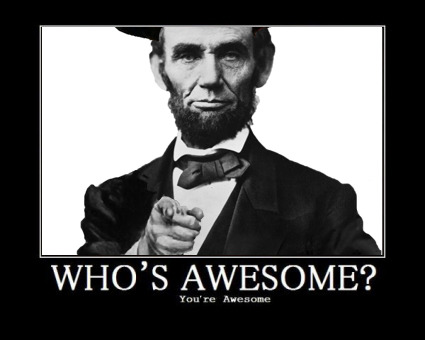Before the school day begins, Brandon Munoz is already in the library.
The Goodlettsville Middle School sixth-grader is averaging about 20 books a week. His favorites are graphic novels such as the Bone series, or popular fiction titles such as Diary of the Wimpy Kid or Darth Paper Strikes Back.
Just last school year, he mostly visited the library out of obligation, but an agreement between the school district and Nashville Public Library — called Limitless Libraries — is making things a little more interesting. Metro middle and high schoolers can use their home or school computers to check out books, DVDs and CDs from the Nashville Public Library and have them delivered to their schools.
Library officials in New York City, Boston and St. Paul, Minn., have called Metro in recent months, interested in implementing similar initiatives.
The program also includes updating school libraries. In the past few months, 31,730 titles have been removed from middle and high schools — some with copyrights dating back to the 1970s, including science books with Pluto included as a planet. New books include Advanced Placement prep volumes and popular fiction titles such as The Hunger Games and the Twilight saga.
“It’s fun to read as it just takes you to another place and boosts your imagination,” said Brandon, 11. “I’m raising my reading grades since Limited Libraries has started.”
The program launched as a pilot in 2009 in four Metro high schools. The program expanded to all high schools in 2010 and to middle schools this year.
Limitless Libraries is sending more than 7,000 items a month to Metro schools, similar to the circulation at some library branches. Circulation has increased in schools, some as high as 140 percent, library officials say.
“We are seeing overwhelming successes,” said Tricia Bengel, interim director at Nashville Public Library. “Kids are borrowing more books than they have ever borrowed, and they have access to different types of materials than they have even had before. It’s a good problem to have, but we are struggling a little bit to keep up with the increase in circulation.
“It benefits the library because we’ve added 15,000 patrons that we didn’t have before. We are building our patrons of tomorrow.”
'A model for others'
Students use their student ID as their library card and log onto the Limitless Libraries system to request materials be delivered to their school. They have access not only to their school collections but also to more than 1.5 million items from the Nashville Public Library. More than 23,952 students are participating — 15,000 of them as new library cardholders.
Students new to this country or with poor English skills check out required reading in audio book format to help them learn the language.
Mayor Karl Dean was instrumental in forging the partnership between Metro Schools and the Nashville Public Library. It was at a time when only 14 of the district’s 16 high schools had the volumes required per student to meet state Department of Education standards, and much of the material was outdated, he said.
“This takes advantage of a great library system and helps us improve the library systems that our kids in schools have access to,” Dean said. “It’s a model for others in how we should be organizing ... libraries.
“It’s a compliment to our libraries and schools that other cities want to adopt this program.”
For the 2012 fiscal year, $1.196 million have been placed in the budget for the Limitless Libraries program. Library officials hope to expand it to elementary schools next year.
Obstacle overcome
Allison Barney, librarian at Wright Middle School, said the program helps eliminate one of the main barriers students have in accessing items from the public library — transportation.
Since the program started at Goodlettsville Middle School in September, an average of 60 kids use the library daily, outside of time required by their teachers. Alison Maliszewski, the school’s first-year librarian, is bombarded daily with kids asking the same question: “Are my books here yet?” She says she can get new releases as quickly as the public library can.
Popular titles are always the first to go, along with Playaways, preloaded mini mp3 audio books.
“For a new librarian, I feel like I have so much more to offer them,” said Maliszewski, who previously taught fifth grade at the school.
“I’ve seen a lot of kids that were not typical readers that are now coming in here. Anytime they are reading, it’s going to increase their scores. Our collection has expanded one hundredfold.”
Many of her students are checking books out for siblings and parents.
“I’m now the librarian in my house,” Brandon said. “Every time I get a chance to get on the computer, my little brothers keep asking me to get on Limitless Libraries.”























